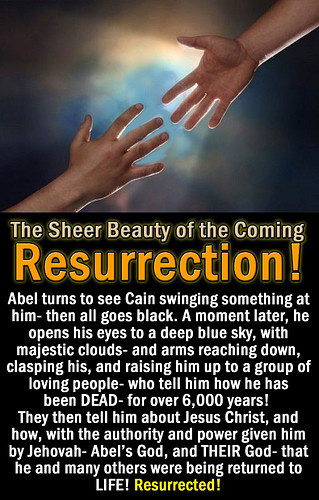I personally think that the Bible is very clear on immortality. Only God is immortal.
1 Timothy 6:15-16
New American Standard Bible
15 which He will bring about at the proper time—He who is the blessed and only Sovereign, the King of kings and Lord of lords, 16 who alone possesses immortality and dwells in unapproachable light, whom no one has seen or can see. To Him be honor and eternal dominion! Amen.
It says only God. Not humans or angels or anything we call spirits or souls. So the question is not what else is immortal, but who else will god grant eternal life too.
In the Bible the only ones who are receiving eternal life are those who remain in God. The rest, humans and angels alike are destroyed. The reason why so many are convinced that angels and humans have eternal life even in hell is because they were not taught the development of the afterlife in scriptures or how to recognize symbolism , hyperlinks and parables.
To begin hell is not the name of some afterlife world. It’s a translation of a place mentioned in the Bible. It’s Gehenna “The Valley of Hinnom”.
So when you see hell it’s actually Gehenna. Hades is a different place. It’s the land of the dead
Hell which is the lake of fire is interpreted as the second death. It’s called the second death as opposed to the first death because it takes place after the resurrection of the wicked and the righteous.
Acts 24:15
New American Standard Bible
15 having a hope in God, which these men cherish themselves, that there shall certainly be a resurrection of both the righteous and the wicked.
So for humans there are two types with two different outcomes during one event.
Then righteous receives eternal life.
The unrighteous receives a eternal punishment.
Matthew 25:46
New American Standard Bible
46 These will go away into eternal punishment, but the righteous into eternal life.”
The key thing to notice is that it says eternal punishment. That means a punishment with a never ending consequence. Many wrongly presumes that means being tortured forever. But that would require being kept alive. A far better understanding is death. After all it says hell is the second death.
Here are a few other verses that showcases its death.
Romans 6:23 nasb
Romans 6:23
New American Standard Bible
23 For the wages of sin is death, but the gracious gift of God is eternal life in Christ Jesus our Lord.
The wages of sin is death, not eternal life plus torture.
Almost every where you look the lost is said to perish. Very few places actually says something will be tortured forever and that’s in parables and the highly symbolic book of revelation.
But in revelation it mentions several places , not just the devil and his angels being cast into hell.
Revelation 14:9-11
New American Standard Bible
Doom for Worshipers of the Beast
9 Then another angel, a third one, followed them, saying with a loud voice, “If anyone worships the beast and his image, and receives a mark on his forehead or on his hand, 10 he also will drink of the wine of the wrath of God, which is mixed in full strength in the cup of His anger; and he will be tormented with fire and brimstone in the presence of the holy angels and in the presence of the Lamb. 11 And the smoke of their torment ascends forever and ever; they have no rest day and night, those who worship the beast and his image, and whoever receives the (mark of his name.”
But we see other things cast into hell as well.
Such as hades and death.
Those are not actual beings though. So how can they be kept alive and tortured? Makes no sense. What does make sense is that they are destroyed and cease to exist. There is no more hades and there is no more death.
So try to say it’s eternal because of endless smoke and ect…
Isaiah 34:10 nasb
10 It will not be extinguished night or day;
Its smoke will go up forever.
From generation to generation it will be desolate;
None will pass through it forever and ever.
Here is a very similar sounding decree made shady Edom.
A fire will burn it forever and ever, it’s smoke will always go up and no one will trespass there anymore.
But we know Edom was on earth and that it’s not on fire anymore. It’s fire ended thousands of years ago. So what was meant was that it was destroyed. Same for Satan, the lost, hades and death.
Things like endless smoke, eternal fire and worms that don’t die can all be hyperlinked back to things like this.
